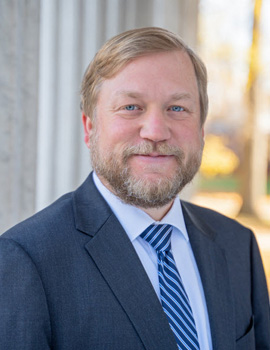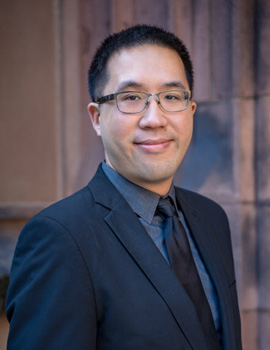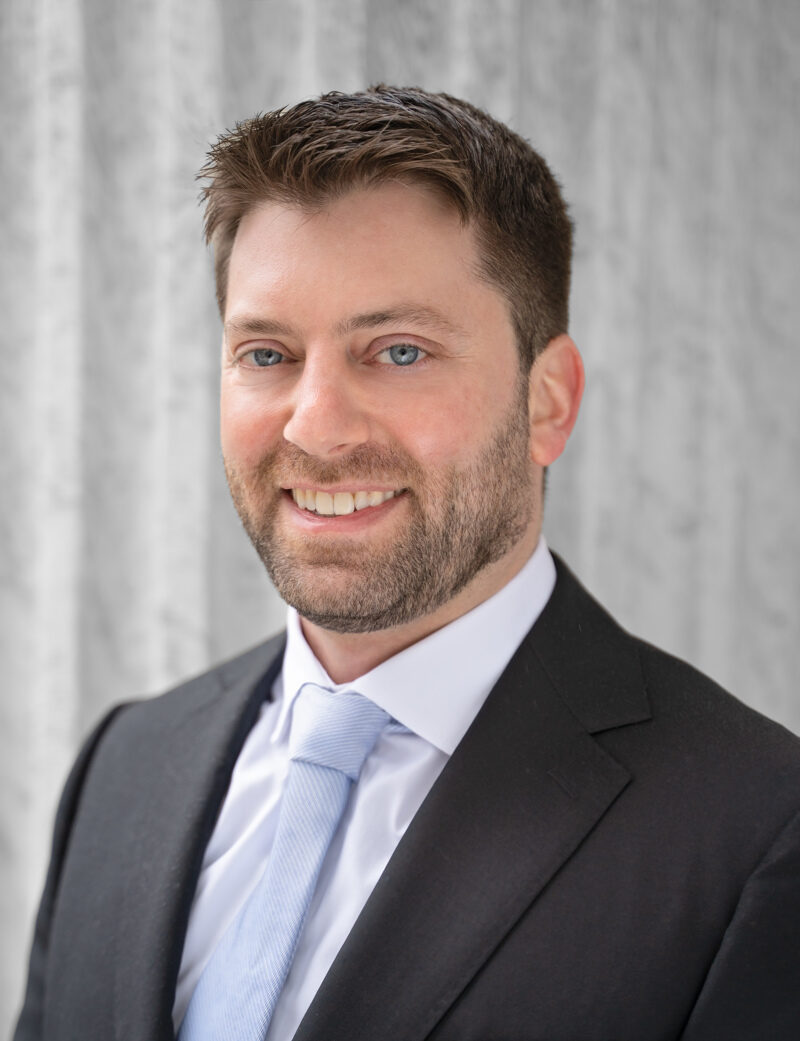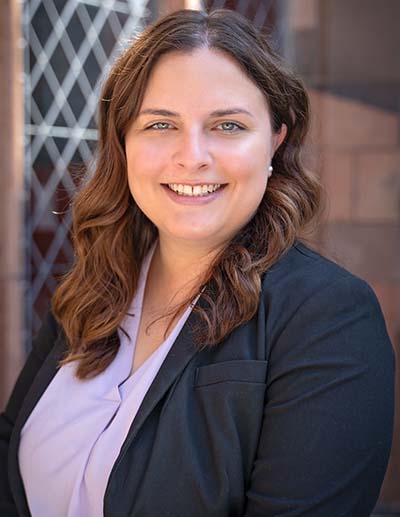Third Circuit Ruling Allowing In-State Environmental Mass Torts To Stay In State Court
The Ninth Circuit Court of Appeals recently issued a decision that may have a significant impact on environmental and other mass tort actions throughout the country. In Allen v. Boeing Company 50, No. 15-35162 (9th Cir. 2015), a large group of Washington state plaintiffs (“Plaintiffs”) allege that The Boeing Company (“Boeing”) has released toxins into local groundwater for over forty years, and that Landau Associates (“Landau”) has been negligent in investigating and remediating the pollution. The Ninth Circuit decided that this action did not arise from an “event or occurrence” and the defendant could therefore remove the case to Federal Court. This decision is at odds with decisions from the Third[1] and Fifth circuits.
Generally, a defendant may remove a case to Federal Court only where there is original federal jurisdiction. 28 U.S.C. s. 1441(a). Under the Class Action Fairness Act (“CAFA”), a defendant may remove a “mass action” to Federal Court. 28 U.S.C. s. 1332(d)(11)(B). A “mass action” is essentially a civil action in which 100 or more plaintiffs together bring claims that involve “common questions of law or fact.” Id. s. 1332(d)(11)(B)(i). Subsection (d)(11)(b)(ii) provides an exception to this source of Federal Jurisdiction where “all of the claims in the action arise from an event or occurrence in the State in which the action was filed, and that allegedly resulted in injuries in that State or in States contiguous to that State.” Id. s. (d)(11)(B)(ii)(I).
The Ninth Circuit determines the Plaintiff’s claims did not arise from a “single happening.” The Appeals Court reasons that their interpretation follows with the statutory terms’ “common understanding,” is consistent with the purposes of CAFA, and is mandatory under that Circuit’s stare decisis. The Court cites as the “common definition” of the respective terms “event” and “concurrence” as simply “something that happens.” In the context of CAFA, the Court concludes “the terms most commonly and reasonably refer to a singular happening.” The Court claims this is supported by the fact that the legislative history of the exception refers to “chemical spill” as opposed to chemical spills.”
The Court distinguishes and admonishes the Third Circuit’s jurisprudence for the Third Circuit’s interpretation of “event or occurrence.” The Ninth Circuit Court of Appeals flatly rejects the Third Circuit’s analysis which included the Civil War as a “defining event in American History, even though it took place over a four-year period” as potentially included under the CAFA exception. The Third Circuit explained that the “word event in our view is not always confined to a discreet happening that occurs over a short time span such as a fire, explosion, hurricane, or chemical spill.” Abraham v. St. Croix Renaissance Group, L.L.L.P., 719 F.3d 270 (3d. Cir. 2013). In following, the Third Circuit found no reason to conclude Congress intended to limit the phrase “event or occurrence” in such a way under CAFA.
Though the Ninth Circuit Court is correct in stating that the Circuits opinions are not binding on each other, this type of direct conflict between the Circuits regarding Congressional intent is oftentimes what leads to legally intriguing arguments before the Supreme Court of the United States. For now, New Jersey environmental mass tort plaintiffs can be fairly secure in that a defendant cannot remove a similar extended pollution case to Federal Court. However, the Ninth Circuit’s decision does create some doubt as to whether such plaintiff’s will be privy to the safety of home-state court indefinitely.
The Toxic Injury Lawyers continue to stay on top of all legal issues concerning environmental mass torts in New Jersey and beyond.
[1] New Jersey sits in the Third Circuit.









